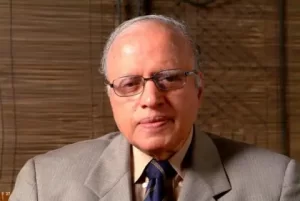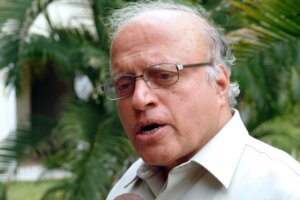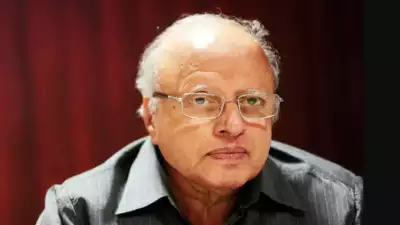Renowned Indian scientist M.S. Swaminathan, widely hailed as the father of India’s Green Revolution, passed away at the age of 98. His pioneering work in developing high-yielding varieties of paddy significantly bolstered the agricultural output of India’s low-income farmers.
Throughout his illustrious career, M.S. Swaminathan held various key positions across different departments. He served as the Director of the Indian Agricultural Research Institute from 1961 to 1972, and later as the Director General of ICAR and Secretary to the Government of India, Department of Agricultural Research and Education from 1972 to 1979. He also played pivotal roles as the Principal Secretary, Ministry of Agriculture (1979-80), Acting Deputy Chairman and subsequently Member (Science and Agriculture), Planning Commission (1980-82), and as the Director General of the International Rice Research Institute in the Philippines from 1982 to 1988.
In 2004, Swaminathan was appointed as the chair of the National Commission on Farmers, a critical initiative in addressing farmer distress and reducing alarming suicide rates. The commission’s report, submitted in 2006, recommended, among other measures, that the Minimum Selling Price (MSP) should be set at least 50 percent higher than the weighted average cost of production.


Notably, Swaminathan was honored with the inaugural World Food Prize in 1987, an achievement that led him to establish the MS Swaminathan Research Foundation (MSSRF) in Taramani, Chennai.
Throughout his lifetime, Swaminathan received numerous prestigious awards, including the Padma Shri, Padma Bhushan, and Padma Vibhushan. He was also a recipient of the H.K. Firodia Award, the Lal Bahadur Shastri National Award, and the Indira Gandhi Prize, in addition to several international accolades, including the Ramon Magsaysay Award in 1971 and the Albert Einstein World Science Award in 1986.







 Finance
Finance







